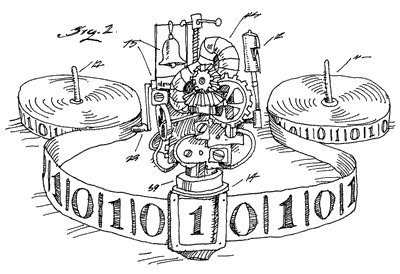Rhetorical Experience Paper
- Timeframe: 03/01 – remainder of course
Description
Rhetoric is an art form that people use and experience to make sense of their situations and navigate the everyday. Autoethnographies are studies that enable people to reflect and build knowledge about how they, themselves, experience contexts and cultures. Both, essentially, provide us the means to explicate where social codes hit the idiosyncratic and vice versa. In this final project, I am asking you to take up Susan Leigh Star’s (1999) call to surface the “invisible work” (p. 385) of infrastructure by grounding it in your respective experiences with a technology. Overall, your goal will be to develop a heightened sense, or consciousness, about your mediated activity using a particular networked technology.
You will conduct an autoethnographic study of your own, situated, lived rhetorical experiences with a technology. The goal is to examine and construct a stronger sense about how your actions using this particular technology produce digital-semiotic traces that create rhetorical potentialities. As Star puts it, you are engaging in the act to see how infrastructure is relational (p. 380): How your recurrent, situated position relates to an infrastructure and its historical development. Such research challenges you to construct a sense about what authoritative positions are at work in any technological relationship, and how you are cast in this “articulation” (Star, p. 385) of technological use.
Objectives
- Conduct an autoethnography that examines your position and relationship with a particular technology.
- Choose between an evocative, analytical, or ground-theory autoethnography (Pace, 2012).
- Construct and refine a rhetorical research problem.
- Construct and refine a preliminary methodology to study it / make sense of it.
Project Notes Derived from Class Discussions
Regarding historicizing work, we discussed myriad ways that this work could manifest in your paper:
- Problem construction: Could help you frame the broader “So what?” that your work addresses.
- Material for your literature review: Who are you conversing with and how they theorize this problem, issue, concept, thing/event?
- Historicize scientific activity or technical procedure could challenge RST focus on rhetoric as merely discursive. In this, historicizing becomes direct object of study.
Regarding how to write up your paper, we will review the following example autoethnographies on Google Drive.
Rubric
- Demonstrates knowledge of a particular field of study within the rhetoric of science/technology, as evinced through your literature review.
- Refined research problem from your initial proposal.
- Methodology provides explanatory power for your domain of study.
- Draws out thoughtful implications for the field of study reviewed earlier in the paper.
